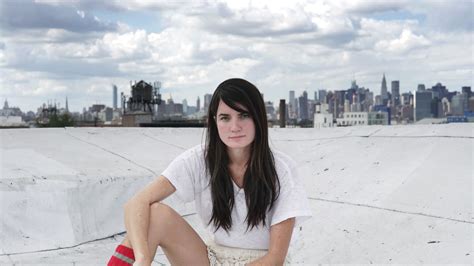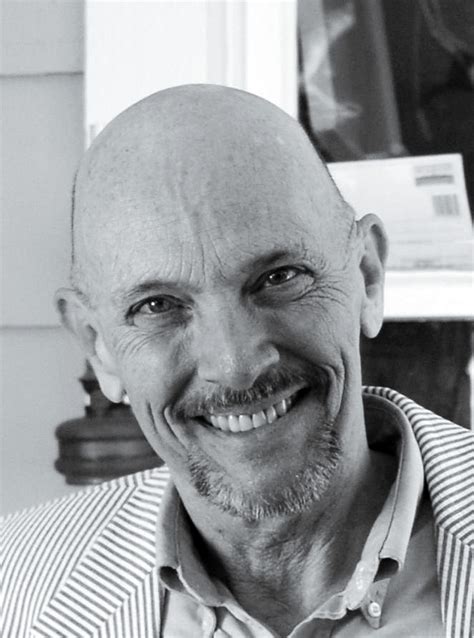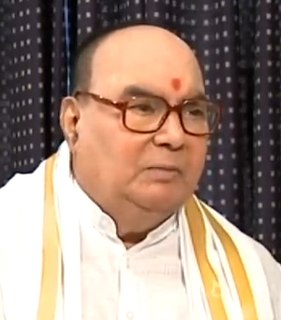A Quote by Jimenez Lai
I think regionalism was a little easier before mass communication was made possible. This is not to say that regionalism doesn't exist anymore. I think it does.
Quote Topics
Related Quotes
Latin, as we all know, ultimately broke down into Spanish, Italian, French, and so on. One wonders whether there will be an imperial parallel with English breaking down into, shall we say, North American, European, Australian, and so on. On the other hand, there is this immense, inward-driving influence of radio and television that is bringing us all back together. One could say it's a fight between the two: a fight between regionalism and the standardization through communication.
I happen to like regionalism, whatever that means. I like the idea of art that somehow specifically reflects some aspect of a community or culture from which was created, the idea of uniform art sounds dreadfully boring and almost fascistic in its implication. So in that sense, I really celebrate the idea of a place that allows for a range of ideas and certainly L.A. does that.
































